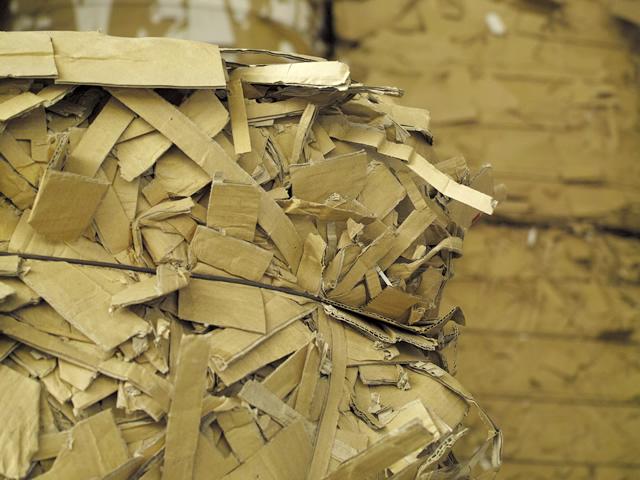Domestic and Industrial Waste Processing
What is industrial waste processing?
Domestic waste: waste mainly from daily life of households
Industrial waste: waste from business activities
Processing waste from business activities is only allowed for industrial waste disposers with certain licenses.
We have obtained licenses for industrial waste treatment (intermediate treatment), domestic waste treatment, and special waste treatment.
What are industrial waste collection and transport?
Industry waste transport: businesses to transport industrial waste for its contracted party with charges
To transport industrial waste, strict standards apply compared to ordinary transport businesses.
Only with an industrial waste collection and transportation license is transport allowed.
Issues on industrial waste processing
 |
Illegal dumping There is no end to the number of operators who dump collected waste illegally in order to avoid charges for waste processing. Illegal selling to brokers The number of illegal operators who sell outdated food to brokers have been increasing. |
What is the secret of security and safety and reducing processing cost?
Agency for Tokuyama Corporation |
As an agency for Tokuyama Corporation, we promote cement recycling. Burying or combustion of these materials will do harm for the environment and incur extra charges. |
|---|---|
Appropriate volume reduction technology |
We offer appropriate collection and sorting of waste plastics, and volume reduction technology for the next step (cement recycling or production). Transportation costs will be higher without volume reduction. |
Comprehensive waste management plan |
We provide a stable supply of recyclable materials. We offer waste management with a comprehensive evaluation for each operator with emissions. |
What waste plastics do we receive?
In Tokuyama corporation’s plant, collected waste plastics are fragmented just enough to load into a furnace. After combustion, cement is made in combination with other materials.
We will give you a summary of conditions that we are able to receive as waste plastics.
■Overall conditions for waste for combustion
・The base material is plastic and has a required amount of heat (*1)
・Vinyl chloride or flame retardants are not included(*2)
・Sorted in accordance with supply methods for a furnace(*3)
■Conditions regarding description and shape
・Not too big or hard as to transport, fragment, or compress(*4)
・Not too sticky as to fragment or compress.
■Collateral conditions
・Does not include such foreign articles as metal, glass or wood.(*5)
・Does not include any solvent or its odor which causes the risk of fire.
・No food residues or stench of decay that may result storage issues.
・Not domestic waste (industrial waste only).
*1 Composite materials or adherence of paper or metal foil such as laminated or plated do not matter.
*2 Halogen such as chlorine, fluorine, bromine and iodine will cause cement furnace damage, combustion inhibition, and quality loss of the product.
*3 Soft plastics (mainly film-type) generally have low apparent specific gravity, and they are suitable for pneumatic transmission (fed directly through pipes to a furnace) after shredding. In contrast, hard plastics (mainly molded, block-type) which have high apparent specific gravity are crushed, temporarily stored, and carried by wheel loaders. Soft plastics are packed with a compressor, while hard ones are packed in flexible containers. The flexible containers are one-way and burned with other wastes.
*4 For example, extremely large or heavy to carry or work on, over one-meter-long films or plates (exceeding the conveyer width), lengthy and tangled (uncollectible or unloadable), over 50 square centimeter blocks (damage in crusher blade, unwieldy), ropes or nets with a diameter of over 10 millimeters (unable to shred)
*5 They do not make any fuel or will damage a shredder or compressor.
What recycled plastics do we receive?
■Overall conditions of acceptable plastics
・Thermoplastic resin which has single composition such as polyethylene, polypropylene, polyester, and so on
■Conditions regarding description and shape
・Not too large to carry, shred, or compress.
■Collateral conditions
・Do not contain any foreign material or odor
Apart from the conditions above, we cannot ignore relative relations among other wastes to process. Processing may not complete during the sorting procedure. In any case, it is necessary to manage waste comprehensively as well as the overall process.





























